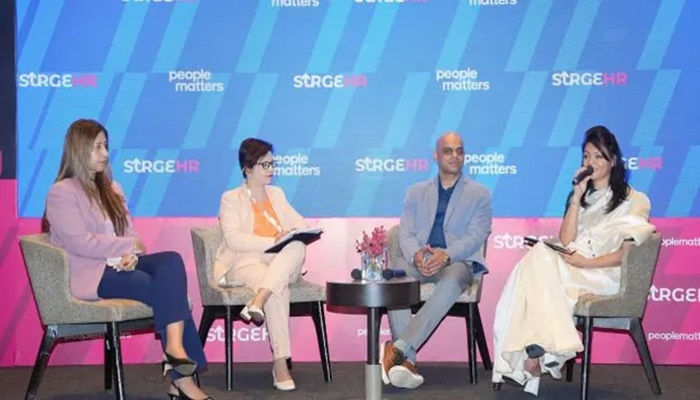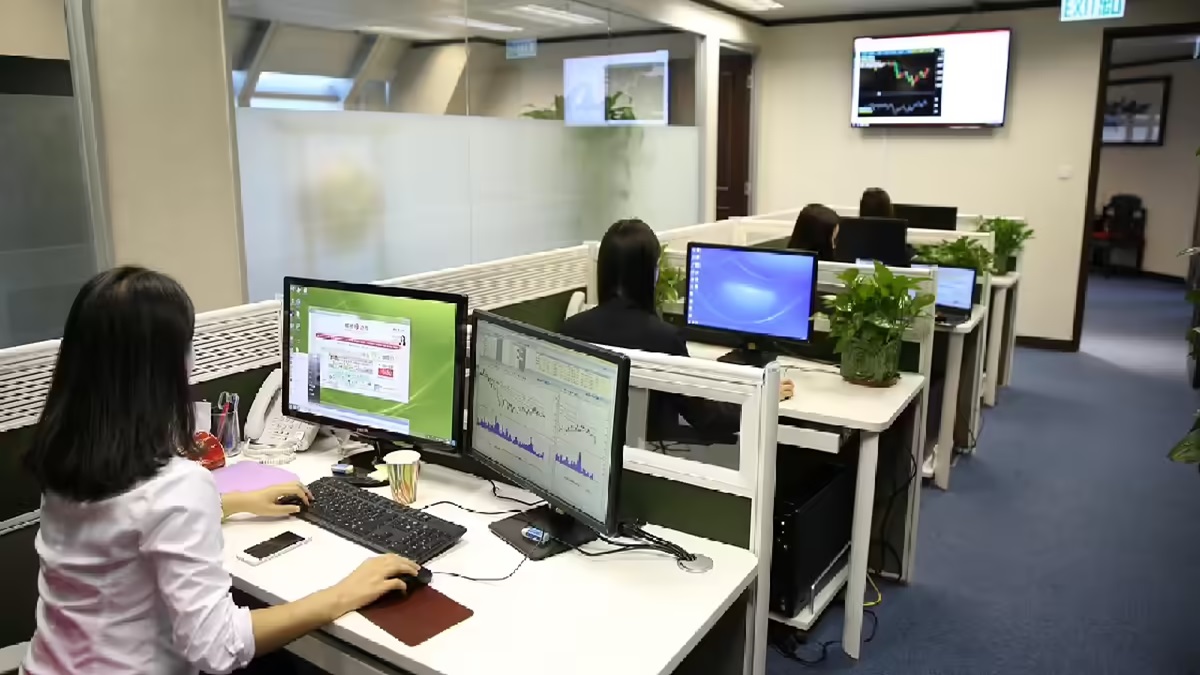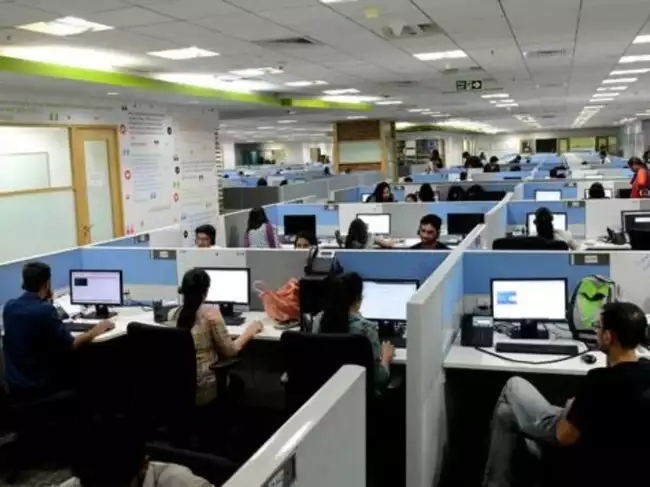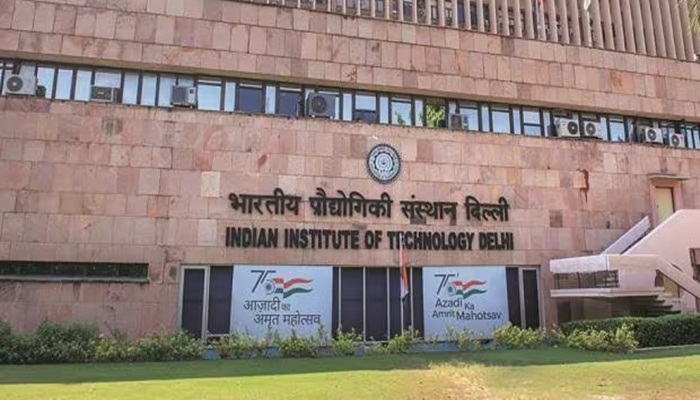India’s top five IT services companies collectively have more than 250,000 employees equipped with higher-order artificial intelligence (AI) skills, at a time when AI and generative AI (Gen AI) have become part of every deal conversation to increase productivity and improve efficiency in a highly uncertain macroeconomic environment.
While these firms have already trained a majority of their workforce in foundational AI capabilities, the focus is now shifting to advanced skills — seen as critical to delivering differentiated outcomes in clients’ rapidly evolving technology environments.
Tata Consultancy Services (TCS) has about 114,000 people with higher-order AI skills, which the company believes will allow it to create a ‘skills pyramid.’
“We’ll continue building a skills pyramid. But each level will have its own specialization or dimension. For instance, agentic AI, or domain-specific areas like manufacturing and life sciences. There will be skills which will be developed that are contextual to the industry and specific to technology,” said Milind Lakkad, CHRO, TCS, in an interview post Q1 FY26 results.
HCL Tech has about 42,000 trained as advanced Gen AI users. Of that, 12,000 are practitioners working on Gen AI projects, and that “momentum has picked up significantly over the last two quarters,” HCL’s Chief People Officer Ram Sundararajan said last week.
Wipro said more than 87,000 people possess advanced AI skills. Infosys and Tech Mahindra, which do not provide the break-up, have about 290,000 and 77,000 employees respectively who are trained in the basics. Tech Mahindra Chief Executive Mohit Joshi said those numbers include “a critical mass in advanced training and certification.”
Infosys has divided its workforce into AI-aware, AI-builders, and AI-masters. The last two categories are involved in using models that are available on the cloud and building models from the ground up or fine-tuning them. However, the company does not specify the exact number of employees in these three segments.
That, analysts say, is a step in the right direction but caution that there is a long way to go until they are driving real bottom-up AI transformation for their clients.
“From the standpoint of leveraging GenAI in computer programming areas like testing and app development, I see a lot of progress being made. The big challenge for Indian-heritage providers is that they are far too IT-centric, and much of the demand for GenAI and agentic solutions is coming from the business. Indian IT firms need to upskill in business process areas beyond merely IT processes, if they want to get a bigger piece of the action as emerging AI-centric deals come up,” said Phil Fersht, CEO of HfS Research, in an interview with Business Standard.
Some industry insiders are doubtful whether the companies are seeing any meaningful gains yet in revenue and profit when the IT industry is attempting a move to an outcome-based model rather than the traditional billable model. “I am not sure what advanced or higher skills mean for these companies when you do not specify what training they have undergone – is it some AI workshop and immersive learning or self-learning certificate courses – which makes it difficult to benchmark,” said a former top executive of an IT services company.
Kamal Karanth, co-founder of specialist staffing firm Xpheno, says the replacement of 12-15 per cent of talent who move out of an IT services company every quarter and the increasing number of AI-trained talent they seem to have built pose a few questions.
“Are the new deals they are signing for AI services contracts and not outcome-driven? If they are outcome-driven, they do not need to keep adding headcount to their full-time employees (FTEs) who are leaving. On the other hand, if they do have AI-skilled talent, why isn’t it showing up in efficiency, why are they still replacing headcount, and why is the employee cost still going up?” Karanth said.
Employee cost, for example, at TCS, rose to 47.6 per cent as a percentage of revenue for the first quarter ended 30 June, from 46 per cent a year earlier.
“The issue of AI driving growth is mixed. It is cannibalising existing revenue. For firms with a more advanced AI platform, it gives them an edge in capturing new business. However, the firms seem to be keeping up with each other, so no significant advantage has appeared for any of the large firms,” Peter Bendor-Samuel, founder and executive chairman of Everest Group, said.




















